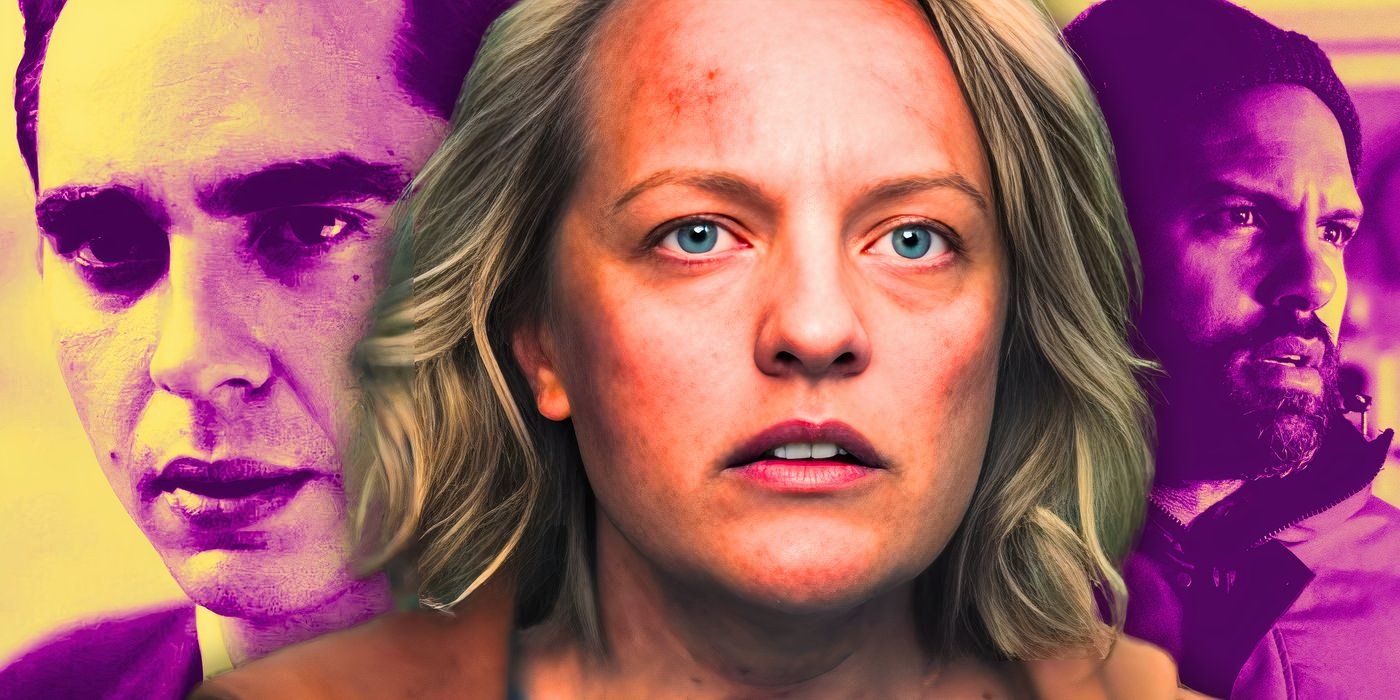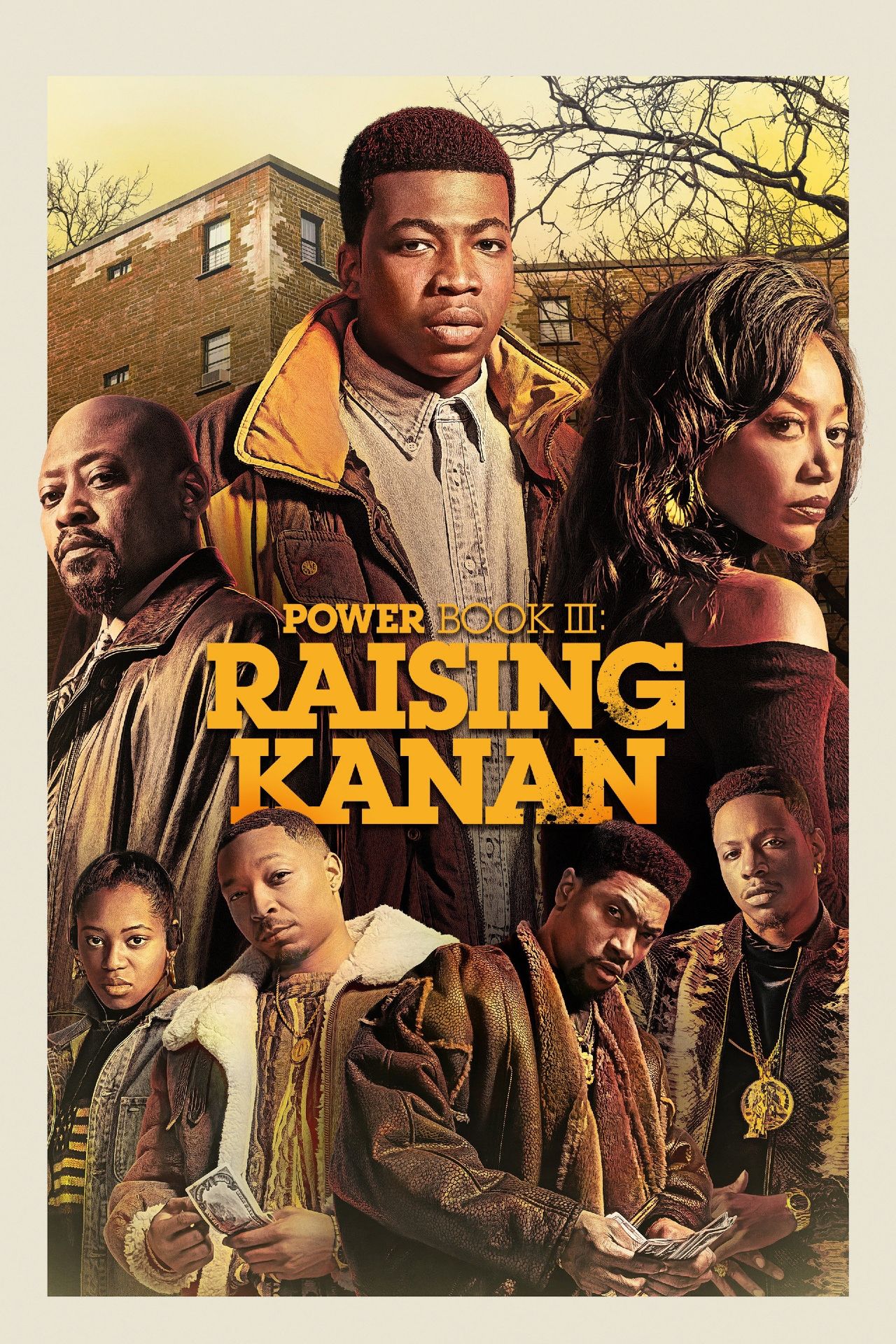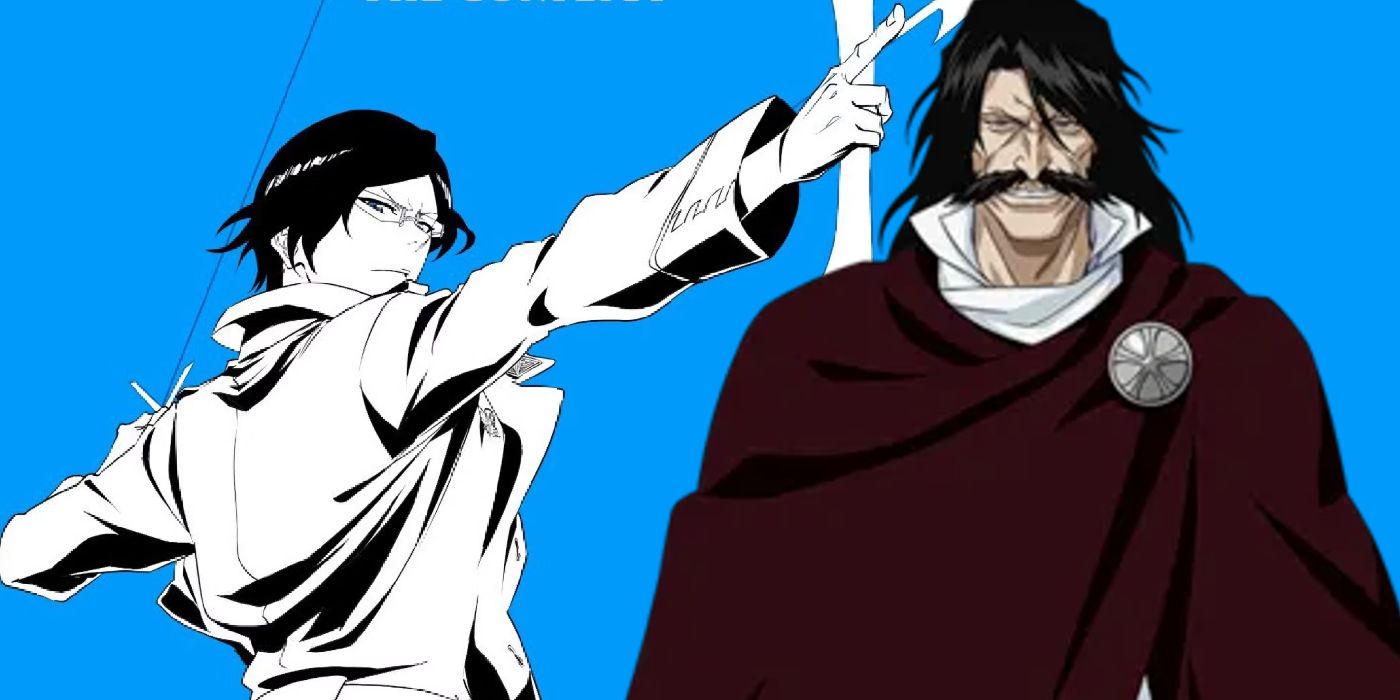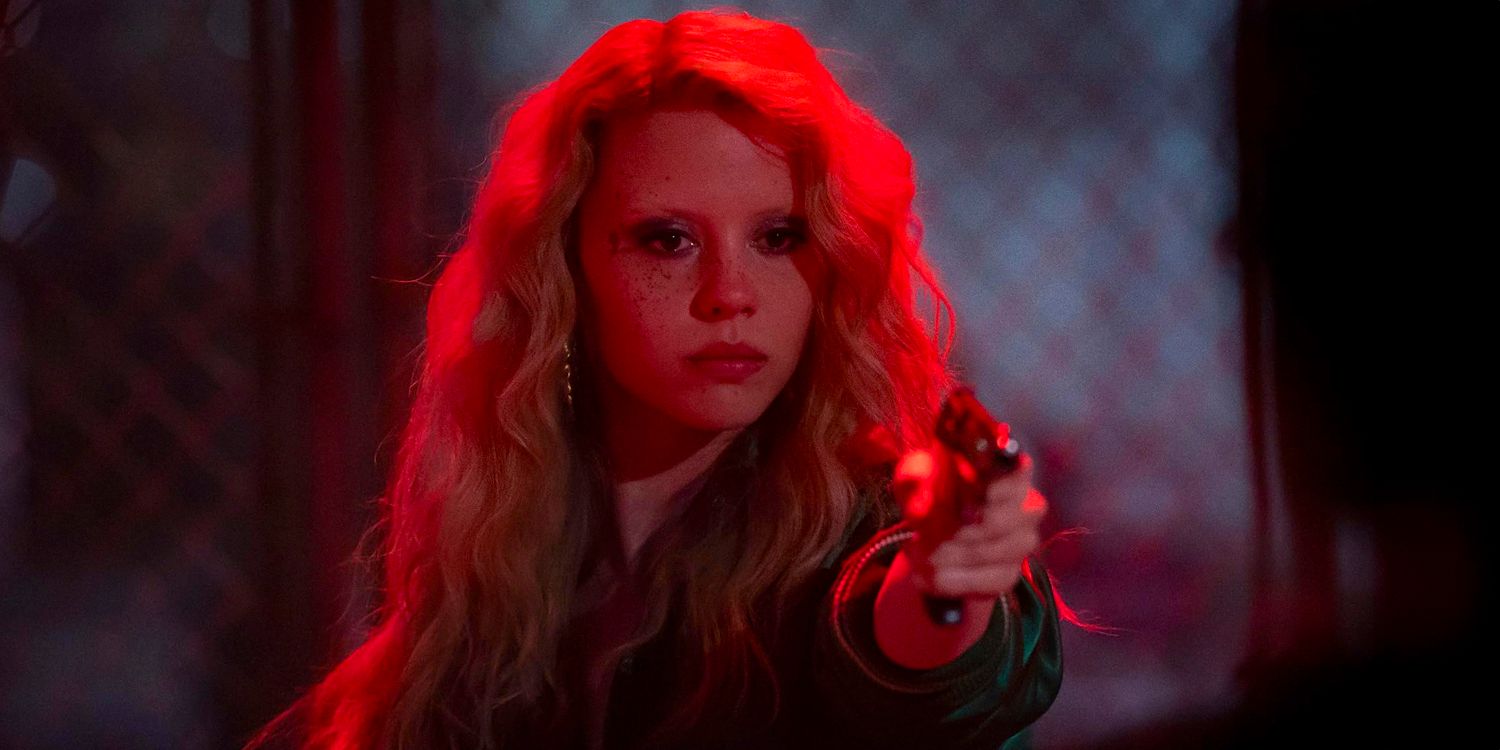While Stephen King may have hated Stanley Kubrick’s adaptation of The Shining, the author was wrong to claim that the movie did not do the source novel justice. In the years since Stanley Kubrick adapted Stephen King’s novel The Shining, the iconic horror author has softened his views of movies and television shows that bring his work to life onscreen. Perhaps because his work has been adapted so many times across so many mediums, King’s comments on projects like Welcome To Derry’s Pennywise backstory are now typically limited to enthusiasm, interest, or mild criticism.
However, earlier in his career, King was not as keen to pull his punches. The author was infamously vocal about his hatred of Kubrick’s The Shining adaptation after the movie was released to mixed reviews, claiming that the blackly comedic horror profoundly missed the point of his acclaimed novel. As Kubrick’s enigmatic interpretation of The Shining became more popular with critics and horror fans alike over the coming decades and became seen as a formative text in the genre, King softened his criticism a little by admitting that the movie had a certain aesthetic appeal, but he remained adamant that Kubrick threw away the story of his novel and made a movie that was effectively unrelated to the book.
While King’s own miniseries adaptation of The Shining was less successful than its cinematic counterpart, this didn’t change the author’s opinion of the Kubrick movie and time did not do a lot to soften King’s take on 1980’s version of The Shining. In an infamously harsh comment to The Paris Review, King claimed that he doubted whether Kubrick ever even read The Shining. In this regard, King is wrong about the director’s take on the material. Kubrick’s version of The Shining might not be the movie that King wanted, but it is still a valid and daring interpretation of King’s deeply personal novel.
What King Said About Kubrick’s Shining
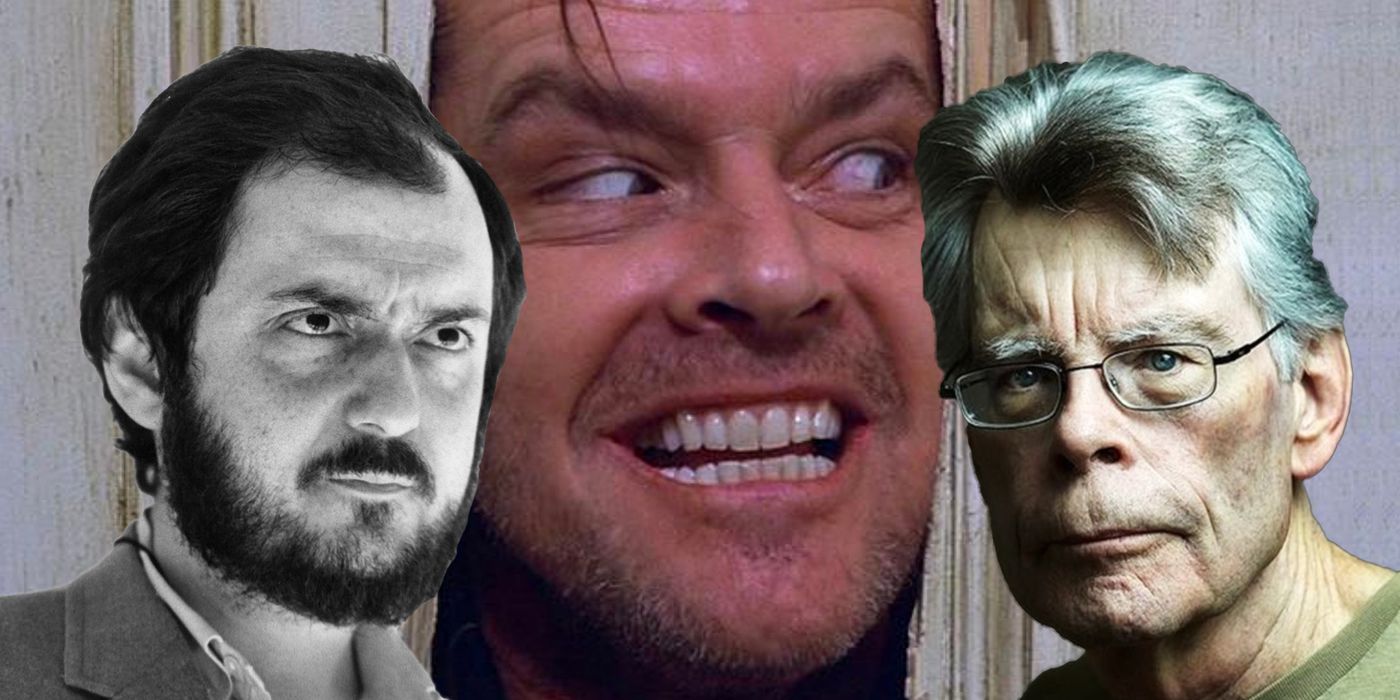
Long before director Mike Flanagan’s The Shining sequel Doctor Sleep attempted to follow up both Kubrick’s movie and King’s novel in one story, King clarified his thoughts on the 1980 adaptation in an interview. Per The Paris Review, King stated in 2001 that:
“[I]t’s certainly beautiful to look at: gorgeous sets, all those Steadicam shots. I used to call it a Cadillac with no engine in it. You can’t do anything with it except admire it as sculpture. You’ve taken away its primary purpose, which is to tell a story. The basic difference that tells you all you need to know is the ending. Near the end of the novel, Jack Torrance tells his son that he loves him, and then he blows up with the hotel. It’s a very passionate climax. In Kubrick’s movie, he freezes to death.”
King is not wrong to note that Kubrick’s version of the story is cool, dispassionate, and clinical, whereas the original novel is more emotionally involved. However, King’s criticisms of Kubrick fail to reckon with why the director made this change. According to King, The Shining’s failure to emulate the atmosphere of the source novel means that the 1980 adaptation doesn’t tell a story. In reality, the primary difference between King’s novel and Kubrick’s movie is a vital perspective shift, as King’s version of The Shining is centered entirely around Jack Torrance while Kubrick’s movie is more concerned with his wife Wendy.
Why Kubrick Changed The Shining’s Story
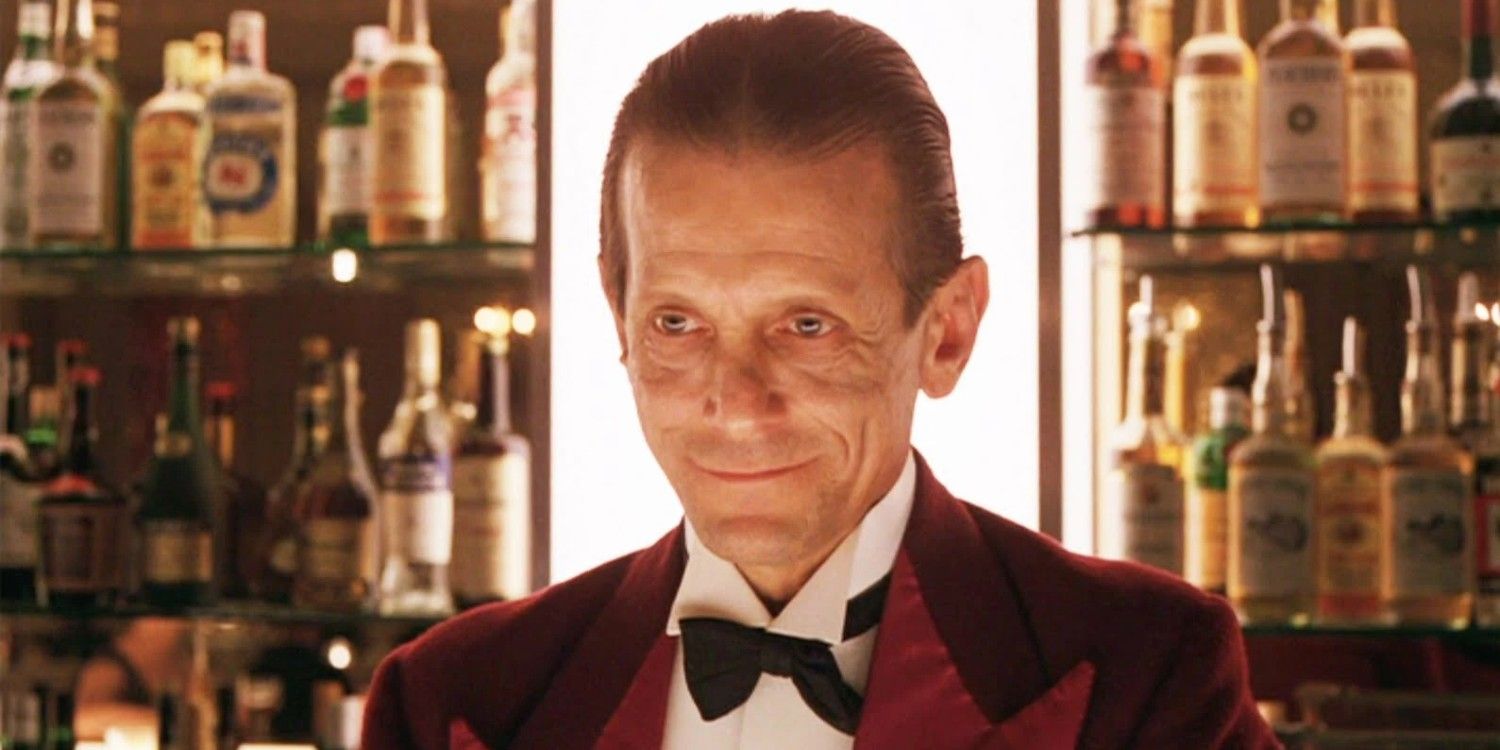
Kubrick turned The Shining from the story of a man’s descent into madness from his perspective to a story of a husband’s descent into madness from his wife’s perspective. From Shelley Duvall’s shrill screaming to the endless Steadicam shots to the eerie emptiness of the hotel, viewers are made complicit in Jack’s eventual evil, but it is his wife who eventually saves the day. Part of the reason why so many sequels to The Shining keep failing is that Kubrick’s movie doesn’t have a clear hero or villain. The ghosts of the Overlook are pretty traditional horror movie monsters, but they may not exist at all. Danny tries his best to protect himself, but he is a small defenseless child.
Wendy is portrayed as a nagging presence at some points and a loving, supportive wife at others, much like Jack Nicholson’s version of Jack is already unhinged, mean-spirited, and callous before he even takes the job at the Overlook. Where King’s novel is a tragedy about a man trying to defeat his demons (and eventually succeeding, albeit at the cost of his life), Kubrick’s adaptation is a darker, more ambiguous story of a family’s reliance on each other breaking down in the face of chaos. The original jettisoned ending of Kubrick’s The Shining adaptation made this even clearer, as the last scene proved that the Overlook’s owner was aware of its power and intended to let the cursed location kill again.
Why Kubrick’s The Shining Is A Valid Reading
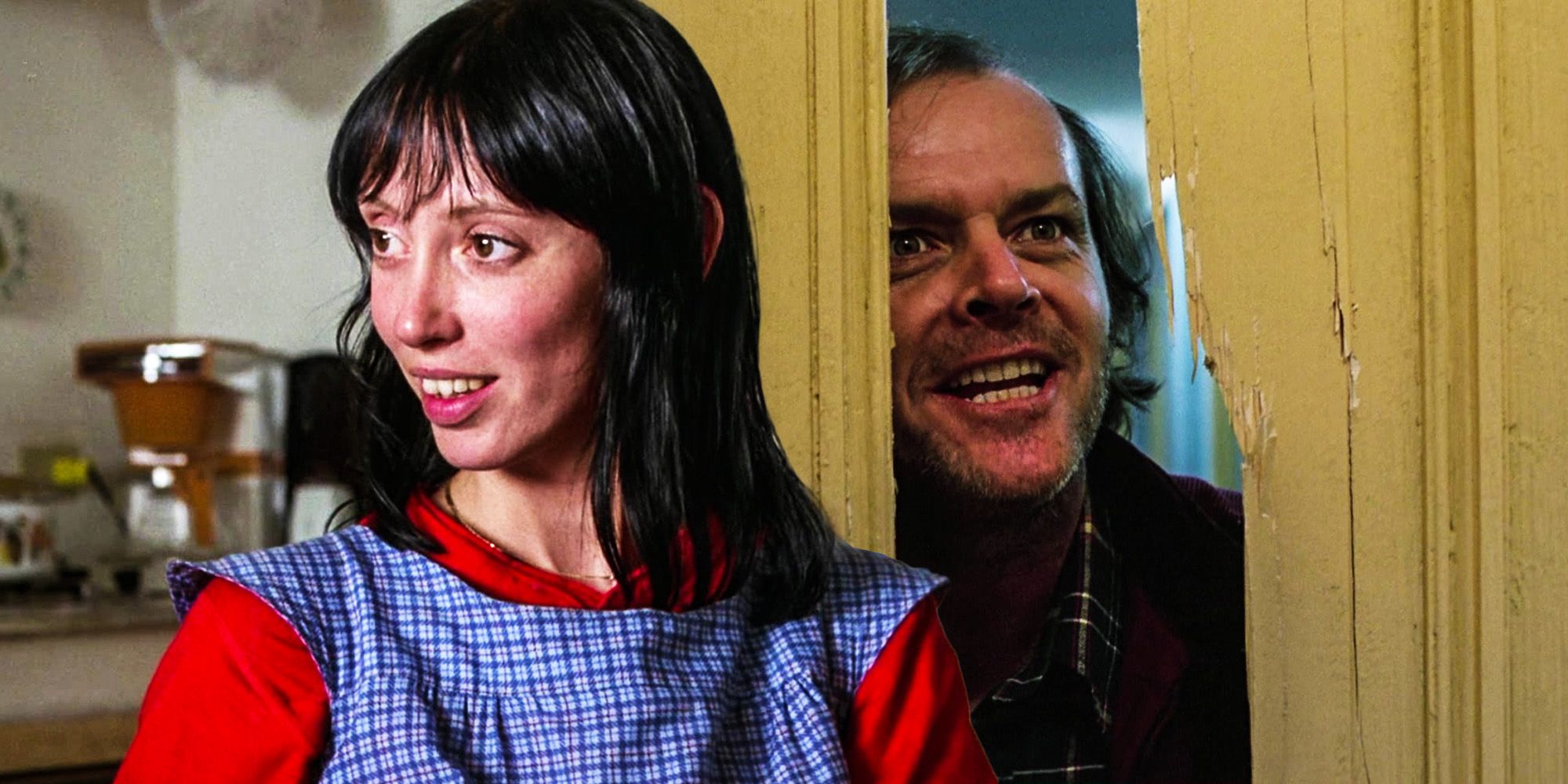
All the qualities that Jack displays in Kubrick’s adaptation of The Shining are present in the source novel, but in milder form. He’s still a misogynist, a violent man, a mean drunk, an addict and an abuser, and still a flawed father. The difference is that Kubrick’s take on The Shining focuses on the danger that this behavior poses to his wife more than on Jack’s internal struggle—which is a perfectly valid choice for a horror movie to make. Much like It’s adaptation cut some shocking scenes to make the movie more accessible than King’s novel, Kubrick’s decision to make Jack a selfish, petty character before his tenure in the Overlook forces viewers to wonder whether they should root for the character. Even Jack freezing to death, the decision that King objected to so much, serves to illustrate that not everyone faced with internal struggles will beat them in the end—which, again, is a reasonable note for a scary horror movie to end on.
King’s Kubrick Hate Is Still Understandable
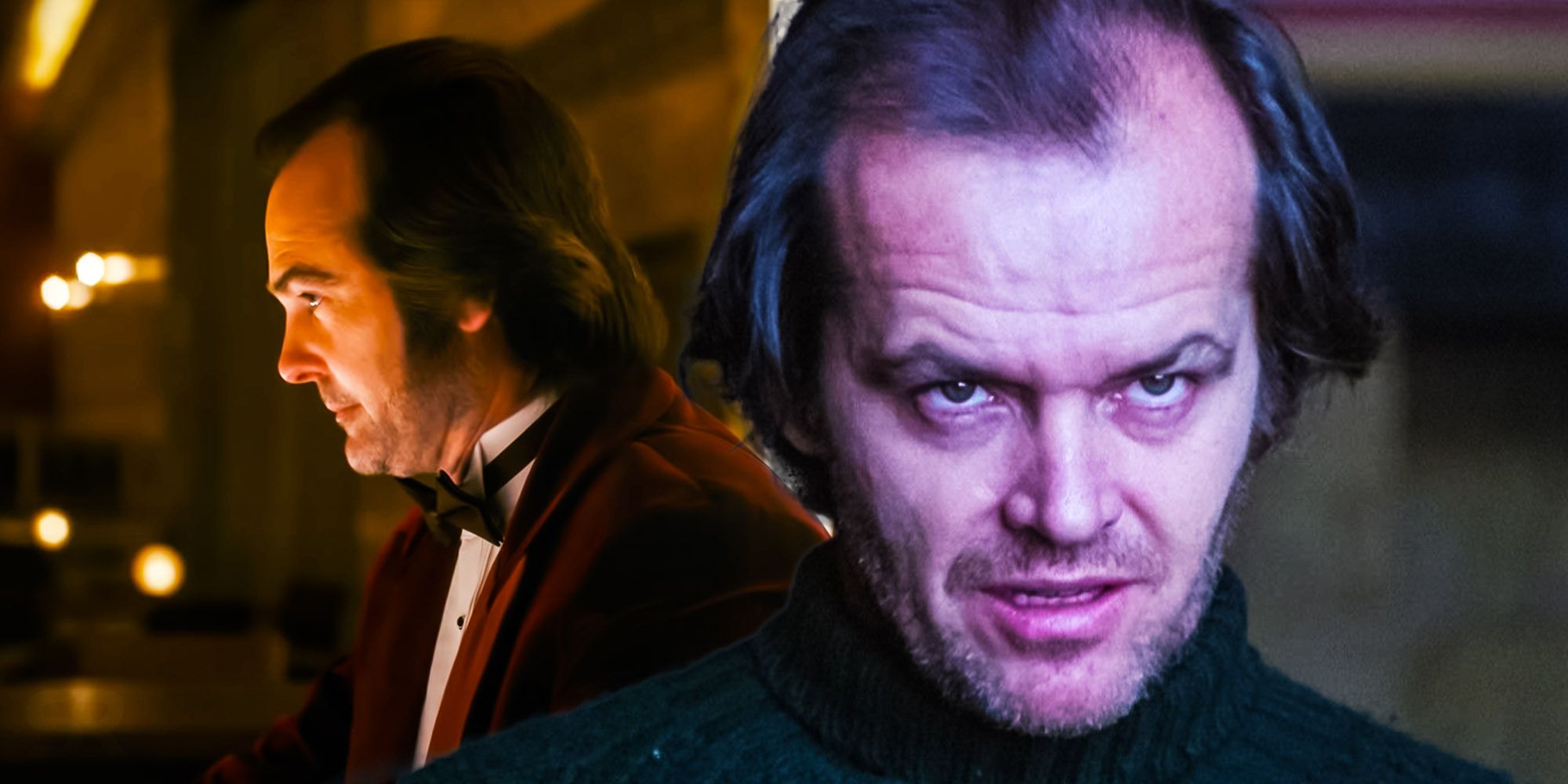
King’s choice to redeem Jack in Doctor Sleep makes it clear that he likes the character more than Kubrick did, which makes his frustration with The Shining’s movie adaptation understandable. Jack’s poignant wave to Danny (which is notably cut from Doctor Sleep’s darker movie adaptation, to the movie’s detriment) is a sad reminder that he did love his son and did all that he could to redeem himself in death. Kubrick took the same characters and the same basic story and used them to stage a version of The Shining wherein Jack doesn’t heroically save the day, can’t overcome his demons, and isn’t ultimately redeemed in the story’s closing moments. For King, this could well have seemed like a betrayal of the novel’s story. However, The Shining’s 1980 movie adaptation remains a thoughtful, original take on the source material, whether or not author Stephen King sees it as such.
